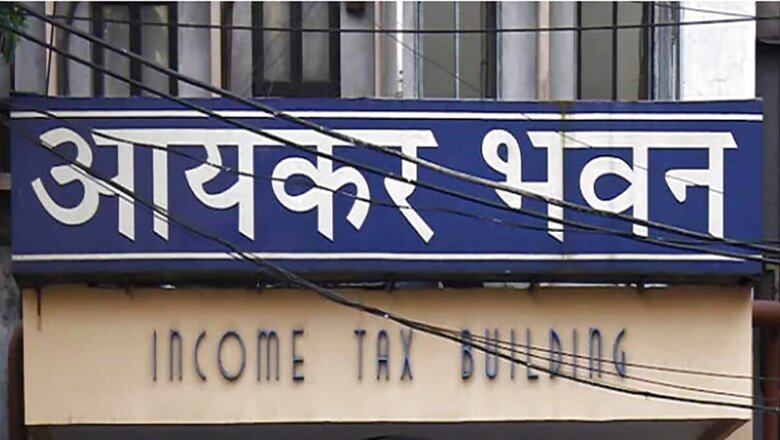
views
With the financial year drawing to its end, the Union Finance Ministry has issued a fresh notification directing all the Income Tax offices to remain open on the last Sunday of the month. Thus cancelling the extended weekend for the Income Tax Department, the ministry has asked them to operate normally on March 29 (Friday), 30 (Saturday), and 31 (Sunday).
In its order issued on 18 March, the ministry also mentioned that the Central Board of Direct Taxes has issued the directive in the exercise of powers conferred under Section 119 of the Income Tax Act 1961 to ensure administrative convenience.
Also Read: 5 Money Tasks To Complete By March 31, Check Key Dates Here
It has to be noted that while March 29 happens to be a closed holiday this year due to Good Friday, March 30 and 31 fall over the weekend.
Tax deadline ends on 31 March: Things to do
The date of March 31, 2024 marks the end of the financial year 2023–24 and also serves as the deadline for major financial and tax-related tasks. With just a few days left until the deadline, taxpayers need to file their updated income tax returns.
For those who have opted for the old tax regime and want to invest in a tax-saving instrument, 31 March is the last date. They can choose from a range of options, including PPF, ELSS, term deposits, health insurance premiums, education loans, and home loans.
On the other hand, while Tax Deductible at Source (TDS) filing certificates are required for deductions under various sections, including Section 194-IA, Section 194-IB, and Section 194M, 30 March is the last date for filing the challan statement.
Lastly, March 31 also marks major importance if taxpayers aiming to PPF or Sukanya Samriddhi Scheme (SSY). Such investments need a minimum of Rs 500 and Rs 250 in a year. If one fails to make the minimum deposit in a financial year, his/her account could be marked as a default, attracting a penalty. Therefore, one must make the necessary deposits until 31 March.
Note: Taxpayers will be able to file updated returns for any of the assessment years, 2021–22, 2022–23, and 2023–24. But they will need to pay the payable additional tax along with the updated return. With that said, while one has to pay 50 per cent of the aggregate tax and interest as an additional tax for 2021–22, it is 25 per cent of the aggregate tax and interest for 2022–23 and 2023–24.



















Comments
0 comment